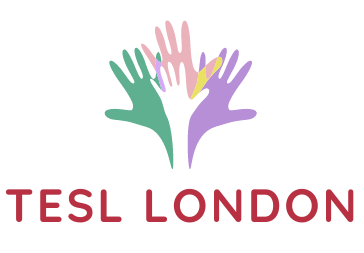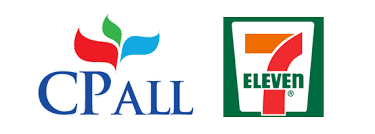Comments Off on รู้ยัง!? เรียนจบวิศวกรรมศาสตร์คอมพิวเตอร์ เป็นได้มากกว่าช่างซ่อมคอม
Comments Off on สวัสดิการ cp all ที่ทำให้พนักงานรู้สึกประทับใจ
Comments Off on ห้ามพลาด! ราคารับสร้างบ้าน ปัญหายอดฮิตสำหรับคนสร้างบ้านที่ทุกคนไม่ควรพลาด
Comments Off on ไม่อยากให้สีบ้านพังต้องไม่ทำสิ่งเหล่านี้
Comments Off on รวมสินค้าที่ผู้คนส่วนมากนิยมสั่งของจากจีน
Comments Off on 4 ปัจจัยที่น่าเพิ่มเข้าไปใน การ ประกาศรับสมัครงาน
Comments Off on สัญญาณเตือนที่บอกว่า “กำลังสูญเสียการได้ยิน” ของตัวเอง
Comments Off on ทำความรู้จักก่อน ส่งของเย็น ด้วยระบบ Cold Chain Logistics
Comments Off on คอร์สฝึกพูดอังกฤษออนไลน์ ตัวช่วยที่จะทำให้คุณพูดภาษาอังกฤษได้เก่งขึ้น











Zoe Vargas